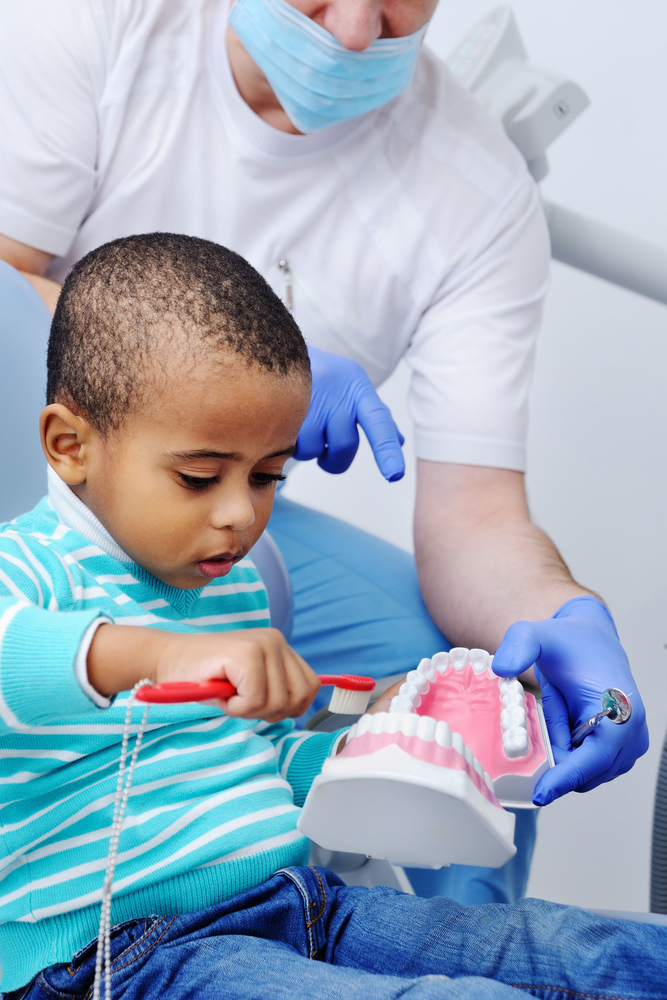As a parent, nothing can be more distressing than seeing your child in pain. One of the most common sources of discomfort for children is a toothache. Toothaches in children can be caused by various factors, such as cavities, teething, or even an injury. Dealing with a toothache in a child requires a delicate balance of care and understanding.
In this post, we’ll explore some effective ways to handle toothache in children, providing comfort and relief during these challenging moments.
Stay Calm and Reassuring:
The first step in handling a toothache in your child is to stay calm and reassuring. Children can easily pick up on their parent’s emotions, so it’s crucial to maintain a composed demeanor. Speak in a soothing tone and assure your child that everything will be alright. Reassurance can go a long way in easing their anxiety and stress during this painful experience.
Identify the Source of the Pain:
To address the toothache properly, you must try to identify the source of the pain. Check for any visible signs of cavities, gum redness, or swelling around the affected area. If your child can express the location of the pain, it can be helpful in understanding the issue. Keep in mind that sometimes, tooth pain may also be referred pain from another area, so it’s always a good idea to consult a dentist for a thorough examination.

Rinse with Saltwater:
One of the simplest and most effective home remedies for toothache in children is rinsing with saltwater. Mix half a teaspoon of salt in warm water and have your child swish it around their mouth for about 30 seconds before spitting it out. Saltwater helps reduce inflammation and can temporarily alleviate discomfort.
Apply a Cold Compress:
If there is swelling or inflammation around the affected area, applying a cold compress can provide relief. Place a clean, cold cloth or ice pack wrapped in a towel against the cheek for 15 minutes. The cold temperature will help numb the area, reducing pain and inflammation.
Over-the-Counter Pain Relief:
For children over the age of two, you can use over-the-counter pain relief medication specifically formulated for children. Always follow the recommended dosage and consult your child’s pediatrician or dentist before giving any medication.
Avoid Certain Foods:
Encourage your child to avoid hot, cold, sweet, or acidic foods that can exacerbate toothache. Stick to soft, non-irritating foods that are easy to chew, such as mashed potatoes, yogurt, or oatmeal. Keeping the affected tooth away from extreme temperatures and irritating substances can help prevent further discomfort.
Gentle Oral Care:
Maintaining good oral hygiene is essential even during a toothache. Teach your child to brush their teeth gently and avoid putting excessive pressure on the affected area. Flossing should also be done with care to prevent aggravating the toothache.

Schedule a Dental Appointment
If the toothache persists or worsens, it’s crucial to schedule a dental appointment promptly. A professional examination can determine the underlying cause of the toothache and allow for appropriate treatment. Regular dental check-ups can also help prevent toothaches by identifying potential issues early on.
Conclusion
Handling a toothache in children requires patience, compassion, and a proactive approach. As a parent, your support and understanding can make a significant difference in your child’s comfort during this challenging time. By employing home remedies, maintaining good oral hygiene, and seeking professional dental care when necessary, you can help your child overcome toothache and maintain a healthy smile for years to come. Remember, your dentist is your best ally in ensuring your child’s dental health, so don’t hesitate to seek professional advice and guidance.

